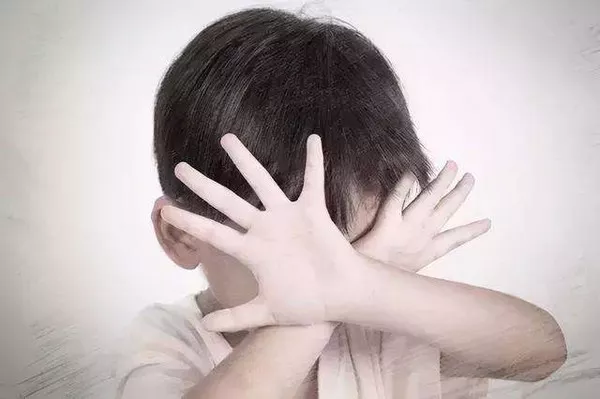Social anxiety disorder, also known as social phobia, is a common mental health condition characterized by an intense fear of social situations. People with social anxiety often experience significant distress and anxiety when facing social interactions, leading to avoidance behaviors. In this article, we explore some common symptoms of social anxiety, helping individuals identify and understand this condition for better recognition and support.
Excessive Self-Consciousness
One of the primary symptoms of social anxiety is excessive self-consciousness. Individuals with social anxiety are acutely aware of how they are perceived by others, constantly worrying about making mistakes, being judged, or embarrassing themselves. This heightened self-consciousness can lead to a persistent fear of scrutiny, causing significant distress in social settings.
Fear of Negative Evaluation
People with social anxiety often have an intense fear of negative evaluation. They constantly worry about being criticized, rejected, or humiliated in social situations. The fear of judgment from others can be so overwhelming that it hinders their ability to engage in everyday activities, such as speaking in public, participating in group conversations, or attending social events.
Avoidance of Social Situations
Avoidance is a common coping mechanism for individuals with social anxiety. They tend to avoid social situations or endure them with extreme distress. This can include avoiding parties, gatherings, or public speaking engagements. Avoidance behaviors serve as a way to minimize anxiety in the short term, but they can contribute to the maintenance and escalation of social anxiety over time.
Physical Symptoms of Anxiety
Social anxiety often manifests in physical symptoms associated with anxiety. These can include rapid heartbeat, trembling or shaking, sweating, shortness of breath, dizziness, stomach discomfort, and nausea. These physical symptoms can be distressing and may further contribute to the individual’s anxiety in social situations.
Rumination and Overthinking
People with social anxiety frequently engage in rumination and overthinking about past social interactions. They often replay events in their minds, analyzing every detail and magnifying their perceived shortcomings or embarrassing moments. This pattern of overthinking can lead to heightened self-criticism and reinforce negative beliefs about oneself.
Difficulty Initiating or Maintaining Conversations
Individuals with social anxiety may struggle with initiating or maintaining conversations. They may fear running out of things to say, appearing awkward or boring, or not being able to keep up with the flow of conversation. This difficulty in social communication can lead to a sense of isolation and hinder the formation of meaningful connections with others.
Performance Anxiety
Performance anxiety is another symptom commonly experienced by those with social anxiety. It involves intense anxiety and fear associated with performing in front of others, such as giving a presentation, speaking in public, or performing on stage. The fear of making mistakes or being judged can significantly impact an individual’s ability to perform to their fullest potential.
Low Self-Esteem and Negative Self-Image
Social anxiety can contribute to low self-esteem and a negative self-image. Individuals may have an overly critical view of themselves and believe that others perceive them negatively. This negative self-perception can lead to feelings of inadequacy, self-doubt, and a persistent fear of not being accepted or liked by others.
Impact on Daily Functioning
Social anxiety can have a significant impact on an individual’s daily functioning and overall quality of life. It can interfere with academic or professional success, limit social relationships and opportunities, and lead to feelings of isolation and loneliness. The fear and avoidance associated with social anxiety can restrict individuals from engaging in activities they enjoy or pursuing their goals.
Conclusion
Recognizing the symptoms of social anxiety is crucial for understanding and addressing this common mental health condition. Excessive self-consciousness, fear of negative evaluation, avoidance of social situations, physical symptoms of anxiety, rumination, difficulty in social communication, performance anxiety, low self-esteem, and the impact on daily functioning are all key indicators of social anxiety disorder. If you or someone you know is experiencing these symptoms, seeking professional help from a mental health provider can provide support and guidance in managing social anxiety and improving overall well-being. With proper treatment and support, individuals with social anxiety can learn strategies to cope with their anxiety, challenge negative thought patterns, and engage in social interactions more comfortably.
Related Topics:



















